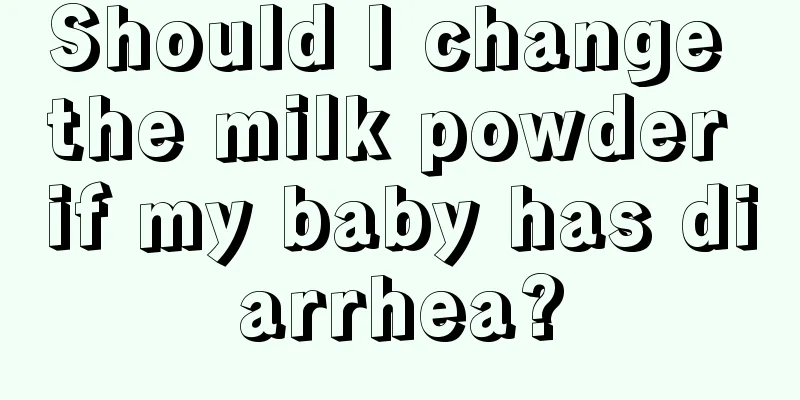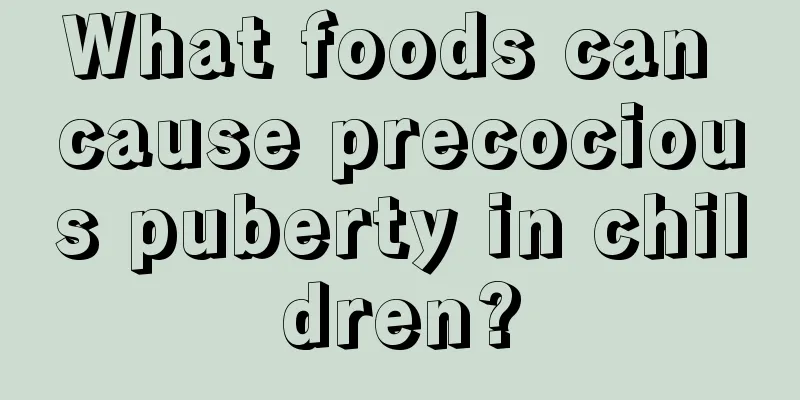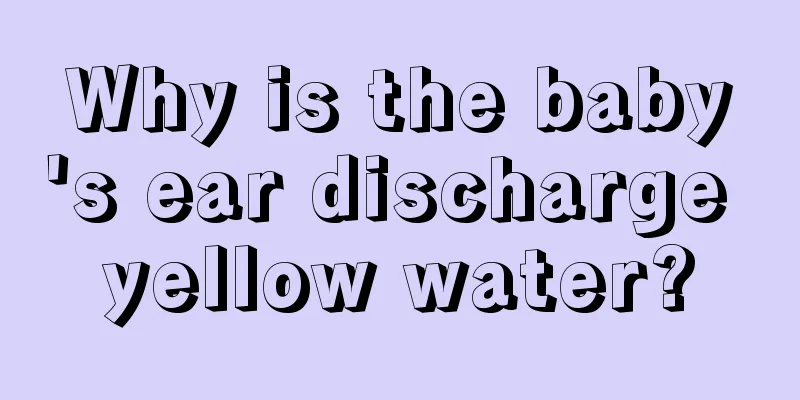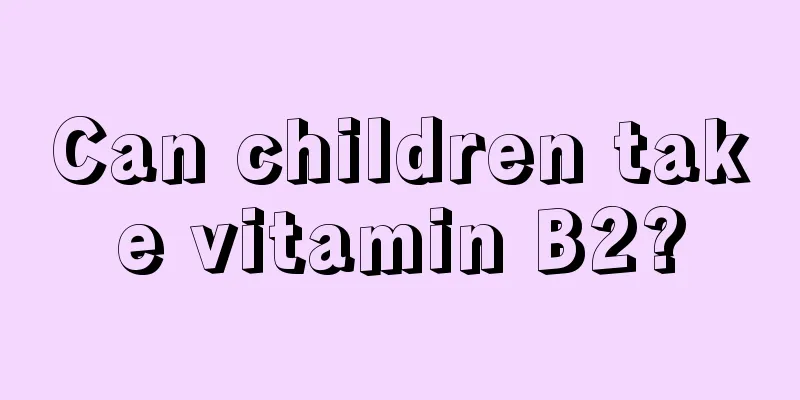The child drinks too much water and urinates frequently
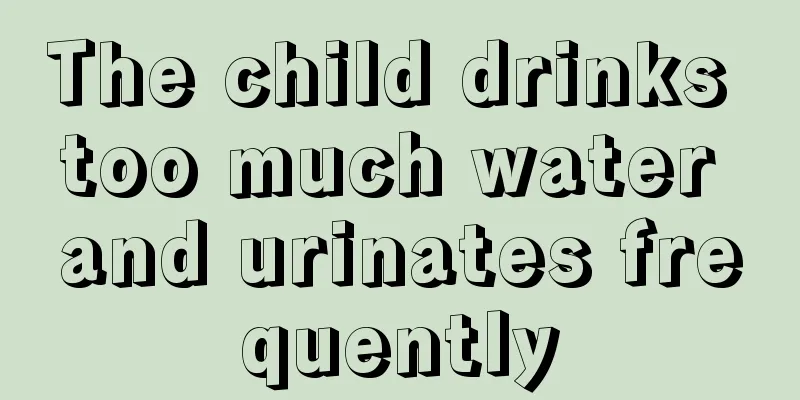
|
Because the weather is dry, many parents like to let their children drink more water, for fear that their children will get angry. Some children will ask for water without their parents' worry, and they will drink a lot of water and go to the toilet many times. At this time, parents should not be happy, because the children may suffer from diabetes, diabetes insipidus, psychogenic thirst and other diseases. It is best to take the children for a check-up. 1. Diabetes Childhood diabetes usually includes two major categories. One is type 1 diabetes, which is generally caused by damage to pancreatic beta cells leading to reduced insulin secretion. The other is type 2 diabetes, which is mainly caused by functional defects caused by the combined effects of genetic and environmental factors. Type 1 diabetes is most common in children. Symptoms: Three more and one less When a child develops diabetes, blood sugar will rise and osmotic diuresis will occur, the urine volume will increase, and the child will become thirsty and drink more. In addition, there will be a negative balance in protein metabolism, and the children will experience symptoms such as weight loss and fatigue, but in order to compensate for the loss of sugar, they will continue to eat. Therefore, in general, the symptoms of diabetic children can be summarized as: "three mores and one less", that is, drinking more, eating more, urinating more, and weight loss. Hazard: Damage to microvessels Diabetes is very harmful. Long-term development can damage the micro-capillaries in the kidneys, limbs, eyes and other parts of the child, gradually leading to serious consequences such as kidney failure, limb ulcers and blindness. Treatment: Diet control, combined with insulin therapy The treatment of diabetes is a long process. In addition to controlling diet, lifelong insulin treatment is also required, and the treatment must be systematic and standardized. 2. Diabetes insipidus Cause: Partial or massive deficiency of antidiuretic hormone, or the kidneys may be insensitive to antidiuretic hormone, causing varying degrees of obstruction in the renal tubular water reabsorption function. Symptoms: polydipsia, polyuria, thirst, hypotonic urine, excitement, dehydration, lack of weight gain, constipation, increased nocturia, enuresis, etc. Treatment: Generally speaking, this disease is treated with hormone replacement therapy, and can also be combined with appropriate antidiuretic drugs for comprehensive treatment. 3. Psychological thirst Habitual polydipsia caused by certain reasons can reduce blood concentration and blood osmotic pressure, thereby inhibiting the secretion of antidiuretic hormone, resulting in a decrease in renal tubular water reabsorption, and ultimately leading to a gradual increase in urine volume. Its symptoms are similar to those of diabetes insipidus, but there is no lack of antidiuretic hormone. Psychological factors are the main cause, and urine volume can generally be reduced after water restriction. Conclusion: It is a good thing for children to drink more water, but once the child drinks too much water and also has polyuria, this should attract the attention of parents. At this time, it is best to take your child for a physical examination in time to rule out the potential threat of disease. |
<<: Why does the sole of the child's foot hurt?
>>: Baby's lips are dry_baby's lips are dry_what to do if the baby's mouth is dry and peeling
Recommend
Why does a child's head sweat?
In life, sweating is actually a very normal physi...
Baby diarrhea diet therapy
What are the dietary treatments for baby diarrhea...
What is the cause of congenital choledochal cyst?
The birth of a child brings joy to a family, but ...
What should I do if my 1-year-old baby has a viral infection and fever?
Because the baby is still very young, the functio...
Why does the baby fart so hard?
Farting is a normal physiological phenomenon that...
What's a good solution for headaches?
Headaches not only occur in adults, but children ...
How teenagers can protect their teeth
The importance of teeth is self-evident. To ensur...
How to solve the problem of stuttering in children?
If a person stutters when speaking, he will encou...
Children have yellow eye mucus due to inflammation of the eyes
Many parents feel that children’s problems are ne...
Can children use realgar?
Realgar is a relatively common medicinal material...
Children's flatulence symptoms
Bloating is a condition that many children will e...
What to do if the child does not grow taller
Parents all hope that their children are tall so ...
What to do if your child has indigestion
Indigestion is a very common intestinal disease. ...
Are gastrointestinal flu symptoms serious in children?
In fact, the so-called stomach cold in children i...
Diagnosis and examination of intestinal malformations in newborns
There are many types of intestinal malformations ...
